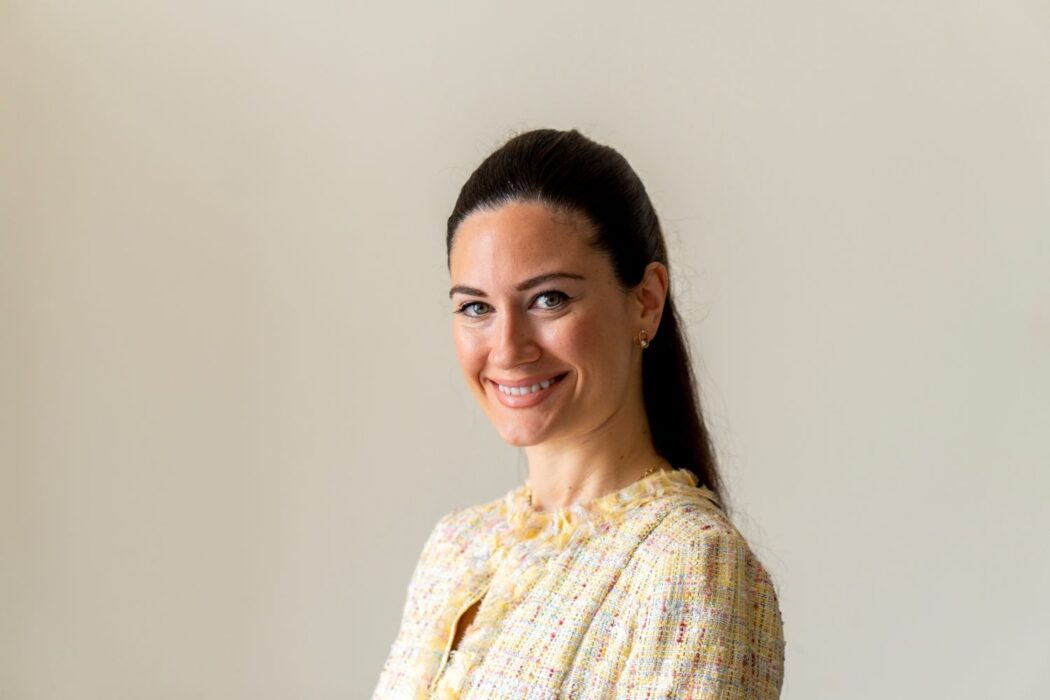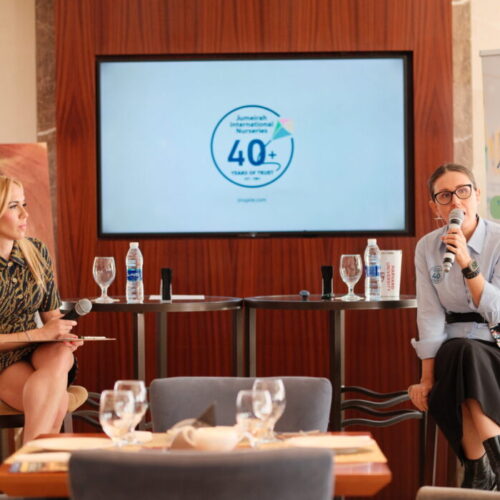Autism and siblings: unique relationships and challenges
World Autism Awareness Day is on April 2 and aims to bring awareness about autistic people. Sofia Stigka, a child psychologist at Thrive Wellbeing Centre, highlights how sibling bonds are important regardless of their differences and the challenges siblings of neurodivergent individuals can face.

No matter how different your kids are from one another, sibling bonds are important. The presence of siblings in the home directly affects your family experiences, social skills and self-identity. They share the same parents, common experiences, and family memories, along with all the ups and downs that this relationship naturally entails. That is universally true despite the kids’ neurological profiles; for example, one may be on the autism spectrum, while the other one may be neurotypical. Similarly, this is true for children that share a common diagnosis on a different level of functioning. In these cases, there can be difficulties and concerns that make the family dynamics and daily routine more complicated.
Typically, the diagnosis of an autism spectrum disorder in a family member is the springboard of an effort to discover appropriate interventions and a network of people that can provide practical and socio-emotional support. However, while caregivers are focused on offering help to one child, the other child’s needs may be unintentionally overlooked.
A child with less obvious needs has to grow up faster. In many ways, a neurotypical child does not have the “right” or the time to be the traditional child with traditional tantrums and caprices, because growing up with a sibling with additional needs there is not much room for the expression of such big emotions.
Sometimes kids who have a brother or sister on the autistic spectrum can feel lonely. It is therefore important to connect with people that understand them. There are peer support groups for people that share similar experiences, where they can process difficult – but perfectly normal – emotions, such as anger, resentment, sadness and frustration. When young people participate in such a group, they often find new ways of dealing with situations, they feel heard and less alone.
Neurotypical siblings are exposed to different ways of communication; they learn early on that behaviors that others may label as atypical – mannerisms, echolalia, vocalizations – are ways that an autistic child expresses their emotions and needs. These people serve as ambassadors of diversity acceptance in the community. They are cornerstones in reshaping the deep-rooted notion that autistic individuals need behavioral modification plans; rather, they promote an alternative approach, inviting the community to understand the function that a typical autistic behavior serves.
High functioning siblings develop a particular set of skills in order to interact effectively with their neurodivergent sibling. They learn to respect routines, to use precise language, to not take meltdowns personally and to adapt their expectations. They may have to team up with their parents while still navigating the role of the child in the family.
A neurotypical child becomes a carer from a young age. An extra set of helping hands to the caregiver. A safety net to the greater-support-needs-to-be-met sibling. A guardian and a loyal friend who sticks around for better and for worse. Inevitably, these kids are more likely to be more mature and stoic than other kids their age, they are more accepting of people’s differences and more tolerant to adversity. It would be difficult to answer whether this dynamic is fair or not, but this is a journey that does not come with a road map.
If you or your children are struggling with anxiety and finding it difficult to manage, it’s important to seek help. Sofia Stigka, a child psychologist at Thrive Wellbeing Centre, is available to provide support and assistance to both children and parents facing challenges.
For more information, visit the website












Comments